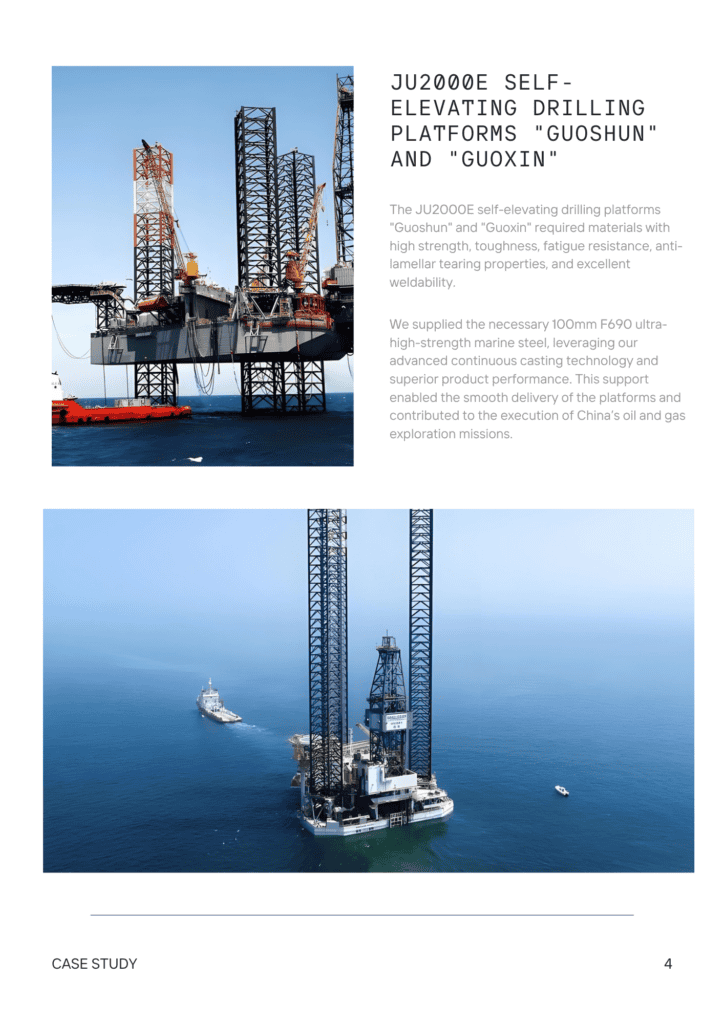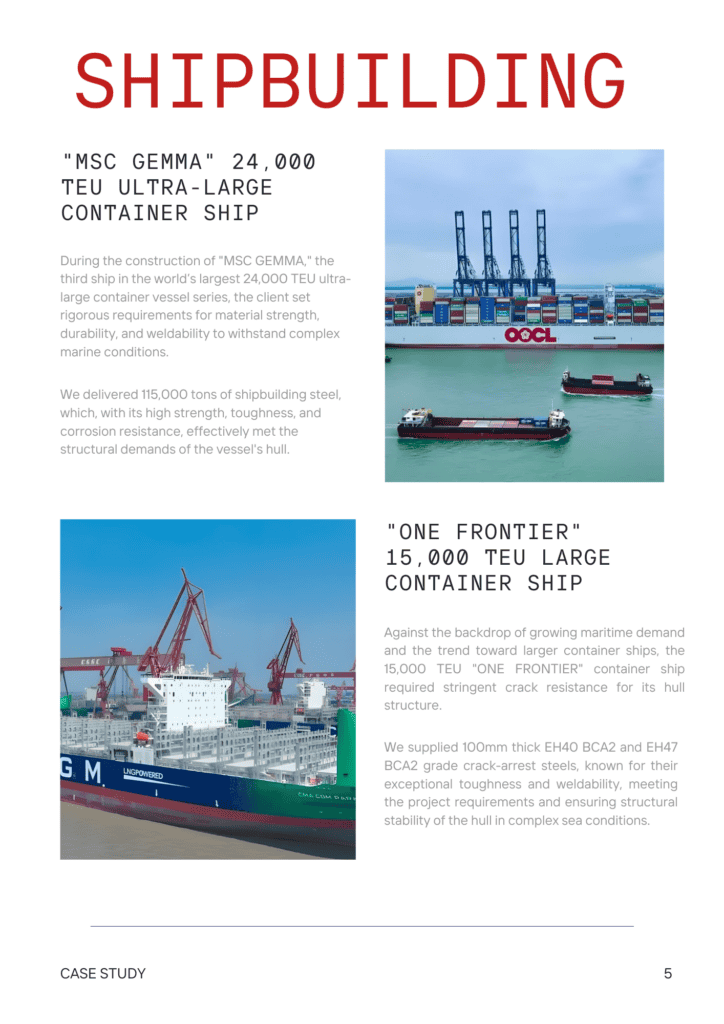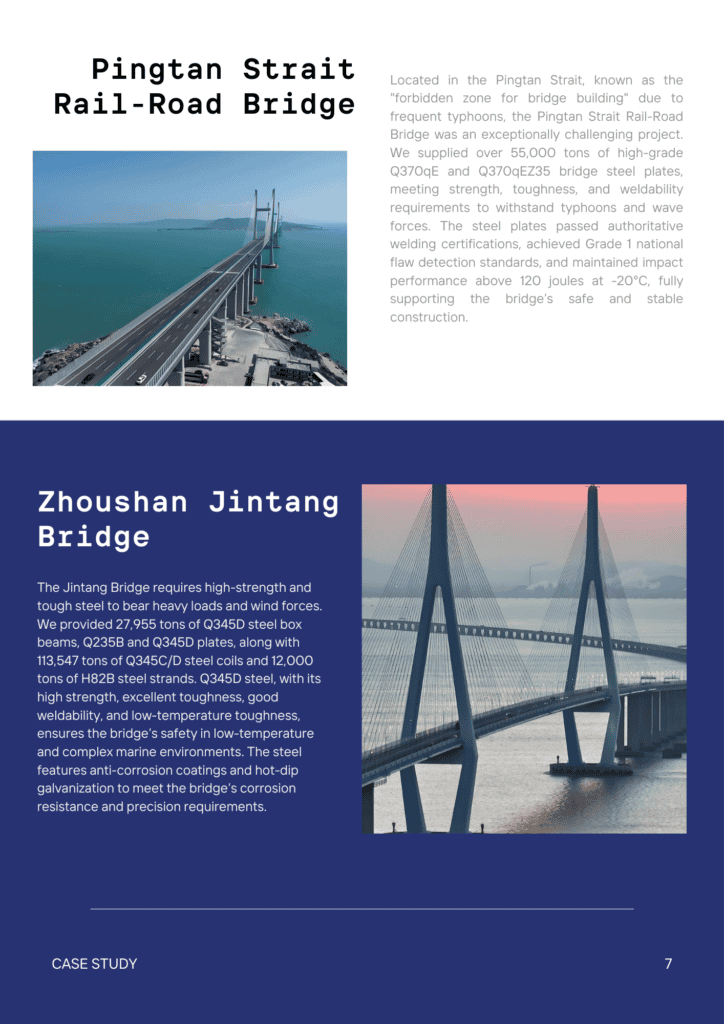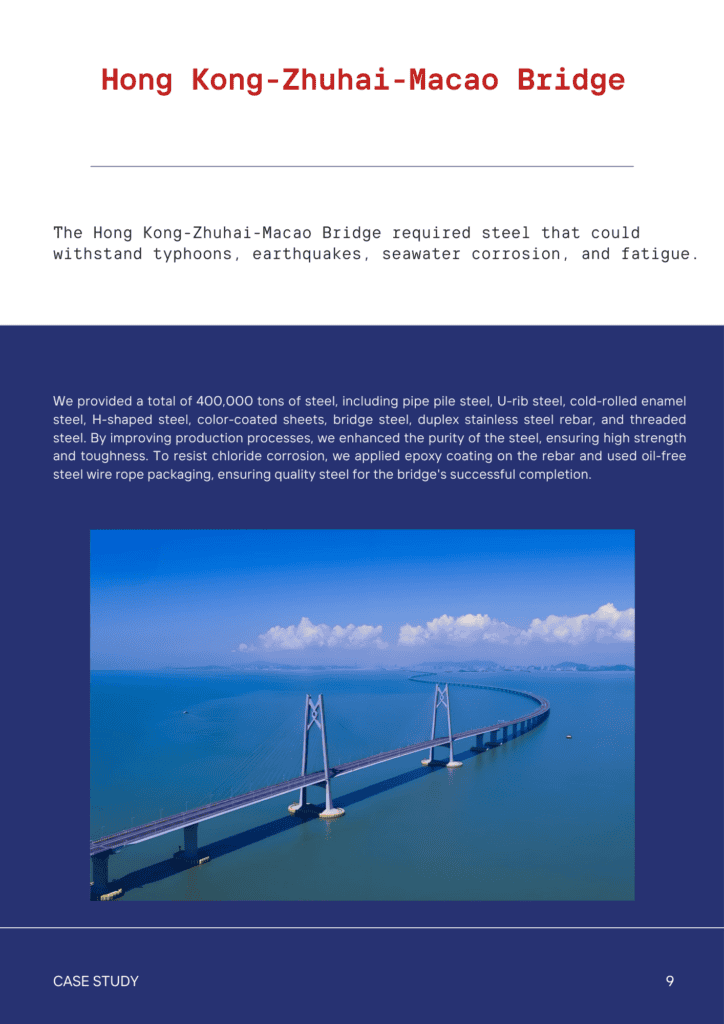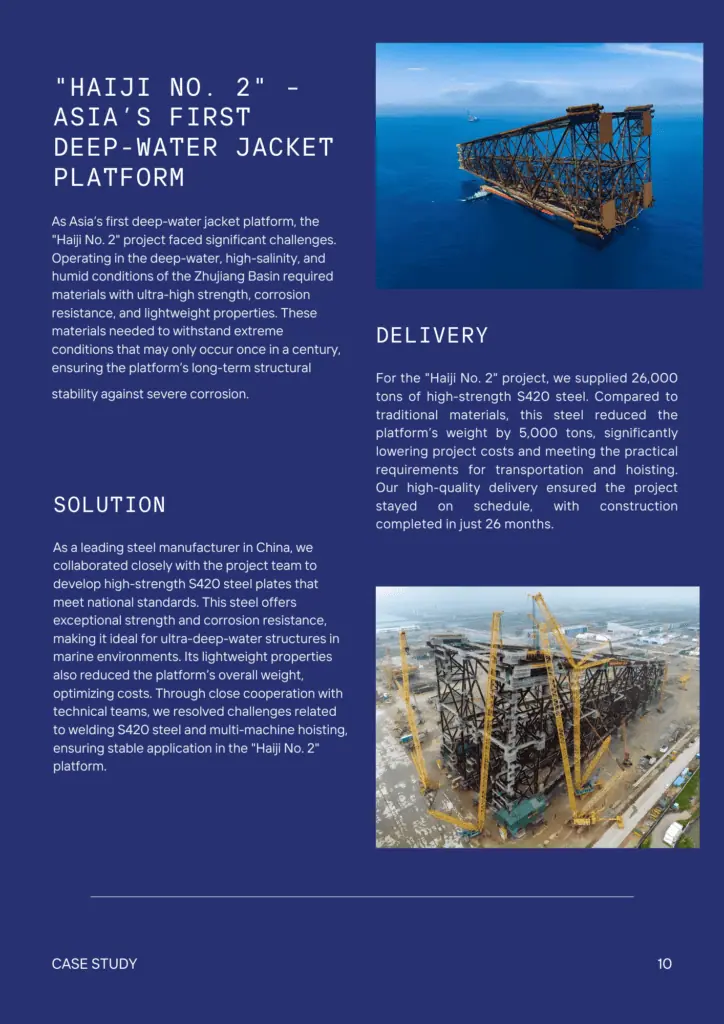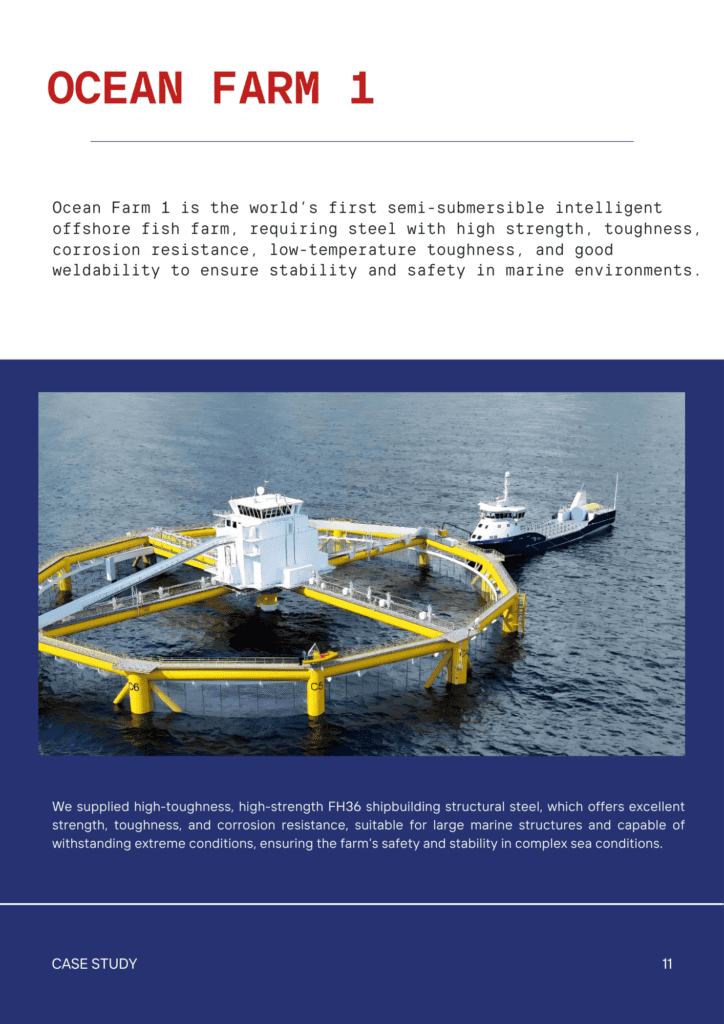Contents
Air Hardening A4 Tool Steel: Properties, Heat Treat, Uses
- John
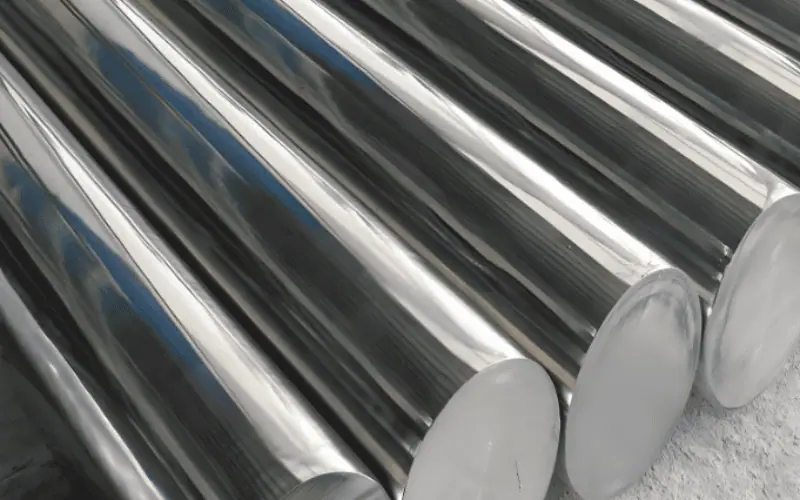
A4 tool steel is known for its excellent dimensional stability and moderate wear resistance, making it ideal for high-precision applications like molds, punches, and cutting tools. SteelPro Group offers tailored A4 solutions, and introduces its key properties, heat treatment, and diverse uses in this article to help you.
What Is A4 Tool Steel?
A4 tool steel is an air-hardening, medium-alloy, cold-work tool steel, classified under UNS T30104 and conforming to ASTM A681 and FED QQ-T-570 standards. It is a high-carbon, high-manganese, chromium, and molybdenum alloy, offering superior dimensional stability during heat treatment. It is suitable for a wide range of applications like punches, dies, molds, and cutting tools.
Typically supplied in an annealed condition with a hardness of less than 250 HB, A4 tool steel can be hardened to 28-34 HRc after oil quenching and tempering. Our A4 tool steel comes in multiple shapes, such as round bars, flat bars, plates, hex bars, and square blocks. We also offer custom sizes and precision-ground bars to meet exacting tolerance standards.
Chemical Composition of A4 Tool Steel
A4 tool steel has a balanced composition, with significant amounts of carbon, chromium, and molybdenum, which enhance its hardness and wear resistance. The table below summarizes its chemical composition.
| Element | Composition (%) |
| Carbon (C) | 0.95 – 1.05 |
| Chromium (Cr) | 0.90 – 2.2 |
| Iron (Fe) | 92.6 – 95.4 |
| Manganese (Mn) | 1.8 – 2.2 |
| Molybdenum (Mo) | 0.90 – 1.4 |
| Phosphorus (P) | ≤ 0.030 |
| Silicon (Si) | ≤ 0.50 |
| Sulfur (S) | ≤ 0.030 |
Carbon increases hardness, while chromium enhances corrosion resistance and improves wear properties. Molybdenum enhances strength at elevated temperatures, while manganese boosts toughness.
Mechanical Properties of A4 Tool Steel
A4 tool steel features high hardness, stiffness, and stability, ensuring strong wear resistance and performance under stress. The table below summarizes its key mechanical properties.
| Property | Metric | Imperial |
| Hardness(HRC) | 63 | 63 |
| Machinability | 65% | 65% |
| Bulk Modulus | 160 GPa | 23,200 ksi |
| Shear Modulus | 80.0 GPa | 11,600 ksi |
| Elastic Modulus | 190 – 210 GPa | 27,557 – 30,457 ksi |
| Poisson’s Ratio | 0.27 – 0.30 | 0.27 – 0.30 |
Physical Properties of A4 Tool Steel
A4 tool steel‘s superior density enhances durability, while its thermal and mechanical properties ensure reliable performance under varying temperatures. The table below presents an overview of the main physical properties for your reference.
| Property | Metric | Imperial |
| Density | 8.03 g/cc | 0.290 lb/in³ |
| Thermal Conductivity | 27.3 W/m·K | 18.8 BTU·in/hr·ft²·°F |
| Coefficient of Thermal Expansion (20–100°C) | 11.2 × 10⁻⁶ /°C | 6.2 × 10⁻⁶ /°F |
| Specific Heat Capacity | 460 J/kg·K | 0.110 BTU/lb·°F |
| Melting Point | 1,400 °C | 2,552 °F |
A4 Tool Steel Fabrication And Heat Treatment
Forging
To forge A4 tool steel, it should be gradually and uniformly heated to a range of 1,100–1,200°C (2,012–2,192°F). Following the forging process, the steel must cool at a controlled rate to prevent cracking from thermal shock. Since A4 tool steel has relatively high thermal strength, initial hammering should be light to prevent excessive stress that could cause distortion or cracking.
Annealing
A4 tool steel should be heated at a controlled rate of 200°C (392°F) per hour until it reaches the annealing temperature of 750–780°C (1,382–1,436°F). For every 25.4mm (1in) of thickness, maintain the steel at this temperature for 1 hour.
After reaching the required soak time, the steel should be cooled slowly in the furnace to reduce hardness and internal stresses, achieving a hardness of around 255–293 HB (Brinell).
Hardening
Preheating is necessary when hardening A4 tool steel to prevent thermal shock and minimize distortion. Preheat the steel to a temperature of 700–800°C (1,292–1,472°F) before proceeding with austenitizing.
Austenitizing should be carried out at 1,000–1,050°C (1,832–1,922°F), maintaining the temperature for 1 hour for every 25.4mm (1in) of thickness. After reaching the austenitizing temperature, the steel is ready for quenching.
For quenching, A4 tool steel can be cooled using oil or air, depending on the desired hardness and application. Quenching should be performed within a temperature range of 1,000–1,050°C (1,832–1,922°F) for optimal hardness.
Tempering
Tempering of A4 tool steel should be conducted at temperatures ranging from 550–650°C (1,022–1,202°F). After uniform soaking, heat the steel to the target tempering temperature for every 25.4mm (1in) thickness and maintain it for at least 1 hour.
Tempering helps to mitigate brittleness and enhance toughness. Once tempered, the steel should reach a hardness between 40–45 HRC, based on the specific application requirements. The following table shows the hardness values at various tempering temperatures when air quenched.
| Temperature (°C) | Temperature (°F) | Hardness (HRC) |
| 150°C | 302°F | 61 |
| 205°C | 401°F | 60 |
| 260°C | 500°F | 59 |
| 315°C | 599°F | 58 |
| 370°C | 698°F | 57 |
| 425°C | 797°F | 56 |
| 480°C | 896°F | 54 |
| 540°C | 1004°F | 53 |
| 595°C | 1103°F | 50 |
| 650°C | 1202°F | 40 |
A4 Tool Steel Product Forms
A4 tool steel is available in various forms, with SteelPro Group offering tailored sizes and high-quality materials. For requirements outside standard ranges, we provide customized solutions. The table below outlines the typical forms and sizes of A4 tool steel.
| Product Form | Typical Size Range | Application |
| Cold-Drawn Bars | 10 mm to 100 mm (0.4 in to 4 in) diameter | Precision machining for gauges, dies, and small tooling parts |
| Hot-Rolled Bars | 20 mm to 150 mm (0.8 in to 6 in) diameter | Large tooling applications, including dies and punches |
| Plates | 20 mm to 150 mm (0.8 in to 6 in) thickness, 100 mm to 500 mm (4 in to 20 in) width | Large, flat dies, cutting tools, and molds |
| Flat Bars | 10 mm to 100 mm (0.4 in to 4 in) thickness, 50 mm to 300 mm (2 in to 12 in) width | Small dies, gauges, and tool applications |
| Custom Forms | Tailored to customer specifications | Specific tooling, dies, and parts requiring custom dimensions |
A4 Tool Steel Applications
A4 tool steel combines good toughness, moderate wear resistance, and excellent dimensional stability during heat treatment. Its high dimensional stability makes it ideal for applications requiring high precision and resistance to mechanical stresses, particularly in tools that are subjected to moderate loads and wear conditions.
Punches and Dies:
Used for blanking, piercing, and forming operations, including stamping dies, cutting punches, and trimming tools in industries like metalworking and automotive.
Cutting Tools:
Manufactured in shear blades, knives, and rotary cutters, typically used for moderate wear applications in industries like sheet metal processing, recycling, and plastics.
Molds:
Applied in producing molds for plastic injection molding, die-casting, and compression molding, including molds for automotive parts, electronics housings, and medical devices.
Gauges and Fixtures:
Used for precision measurement tools and fixtures, such as calibration gauges, inspection fixtures, and quality control tooling in manufacturing and aerospace sectors.
Small Machine Components:
Utilized for machine components like bushings, sleeves, and wear plates, commonly found in industrial machinery and equipment requiring wear resistance and dimensional stability.
Tooling for Plastic Injection Molding:
Used in the creation of molds, inserts, and tooling for plastic injection molding applications, including tooling for consumer goods, electronics, and automotive parts.
Forming Tools:
Used for producing forming tools such as extrusion dies, bending tools, and forging dies, typically in the automotive, aerospace, and heavy machinery industries.
Precision Solutions for Every A4 Need
At SteelPro Group, we provide A4 tool steel in a variety of forms—cold-drawn bars, hot-rolled bars, plates, and custom sizes—tailored to your exact specifications. Our precision-ground bars and strict tolerance standards ensure the highest quality for your tooling applications. We also provide other tool steel products like T1 and H13 steel.
From material selection to heat treatment guidance, we focus on delivering reliability and efficiency for your projects. Your success is our priority.







